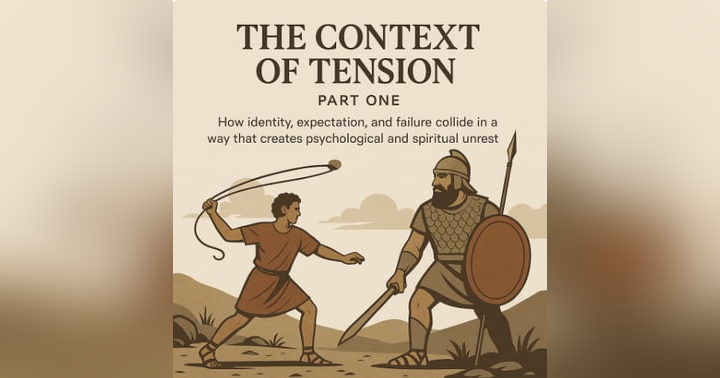The Ruthless Elimination of Prooftexting: Why Context in Scripture Matters More Than Ever

The Ruthless Elimination of Prooftexting: Why Context in Scripture Matters More Than Ever
What if one of the biggest threats to our spiritual depth isn't disbelief — but distortion?
There’s a quiet epidemic spreading in the church today. It doesn’t come in the form of heresy or atheism, but something much sneakier: prooftexting — the habit of pulling verses out of context to support ideas the original authors never intended.
And like any bad habit that goes unchecked, the damage compounds over time. It’s why I believe we need to pursue what I call the ruthless elimination of prooftexting.
The Semmelweis Moment
In the mid-1800s, a Hungarian doctor named Ignaz Semmelweis made a life-saving discovery: when doctors washed their hands before delivering babies, maternal death rates plummeted.
It should have revolutionized medicine. But instead, Semmelweis was mocked, rejected, and ultimately institutionalized. The reason? His discovery required doctors to admit that they themselves were part of the problem.
Sound familiar?
In many churches today, there’s a quiet resistance to deeper biblical interpretation — not because people hate Scripture, but because correcting how we use it would mean admitting we’ve been getting it wrong.
What Is Prooftexting?
Prooftexting is when we take a single Bible verse and use it to support a belief or argument without regard for its context — historical, literary, or theological.
It often sounds spiritual. It can even sound inspiring. But it weakens the authority of Scripture by turning it into a set of inspirational slogans or doctrinal ammo clips. The Bible becomes a tool for our agenda rather than a lens for God’s story.
The result? People begin to mistrust Scripture altogether. They walk away from what they never actually understood, often rejecting a version of the Bible that was never accurate to begin with.
Why “Ruthless”?
That word might sound harsh. But here’s what I’ve come to believe:
Compassion and ruthlessness are often the same thing — just seen from different sides of the struggle.
To those entrenched in tradition, this call might feel like a threat. But it’s not. It’s love with a backbone — love that says, I care too much to let this continue. Because every Sunday matters. Every message shapes how someone thinks about God.
Being “ruthless” about prooftexting doesn’t mean attacking people. It means refusing to tolerate a distortion that slowly erodes truth, clarity, and trust.
What We Really Need
We don’t need more clever quotes or spiritualized tweets.
We need:
Contextual teaching that honors the original audience and intent.
Patience to study Scripture the way it was meant to be read.
Courage to challenge long-standing habits, even when it's uncomfortable.
This isn’t about control. It’s about integrity. It’s about trusting that Scripture, when handled faithfully, is more than enough.
The Invitation
If you're a pastor, a teacher, a small group leader — I’m inviting you to be part of the change.
Let’s commit to eliminating prooftexting from our teaching, not with pride, but with purpose.
Because the Bible isn’t fragile. But how we present it can be. Shortcut theology may be easy, but it leaves people shallow. It’s time to take the long road — the road of discipleship, context, and truth.
Just like Semmelweis, we may be ignored for a time. But in the end, truth always rises.
Let’s handle the Word of God with care. Let’s teach it with courage. Let’s eliminate prooftexting — ruthlessly.


